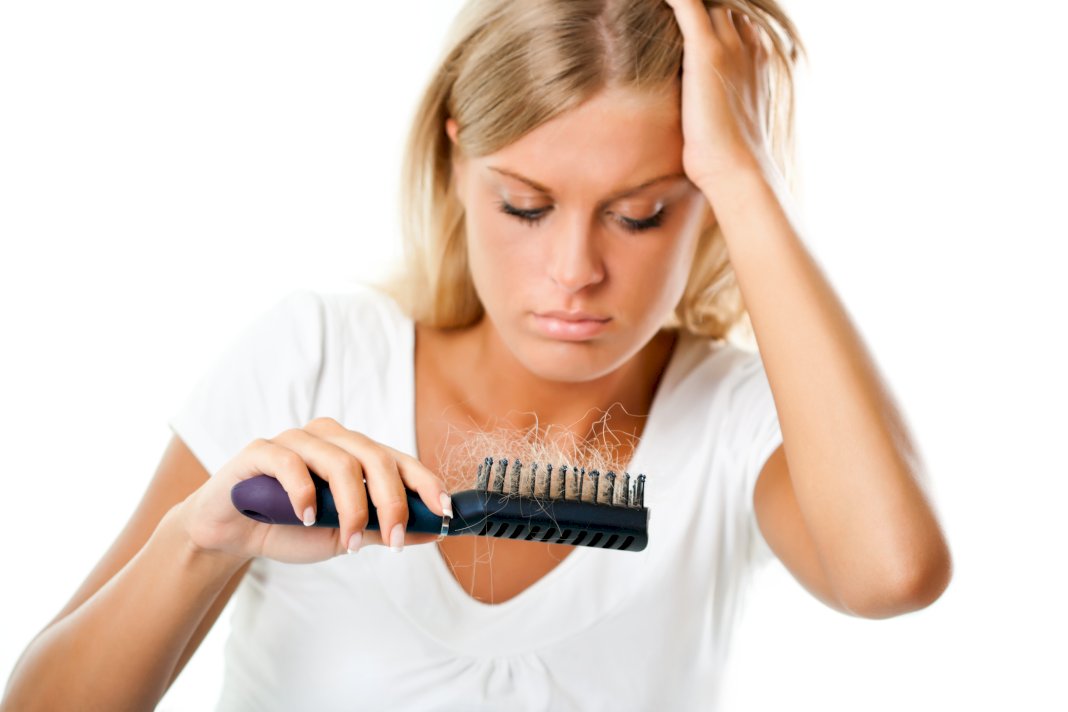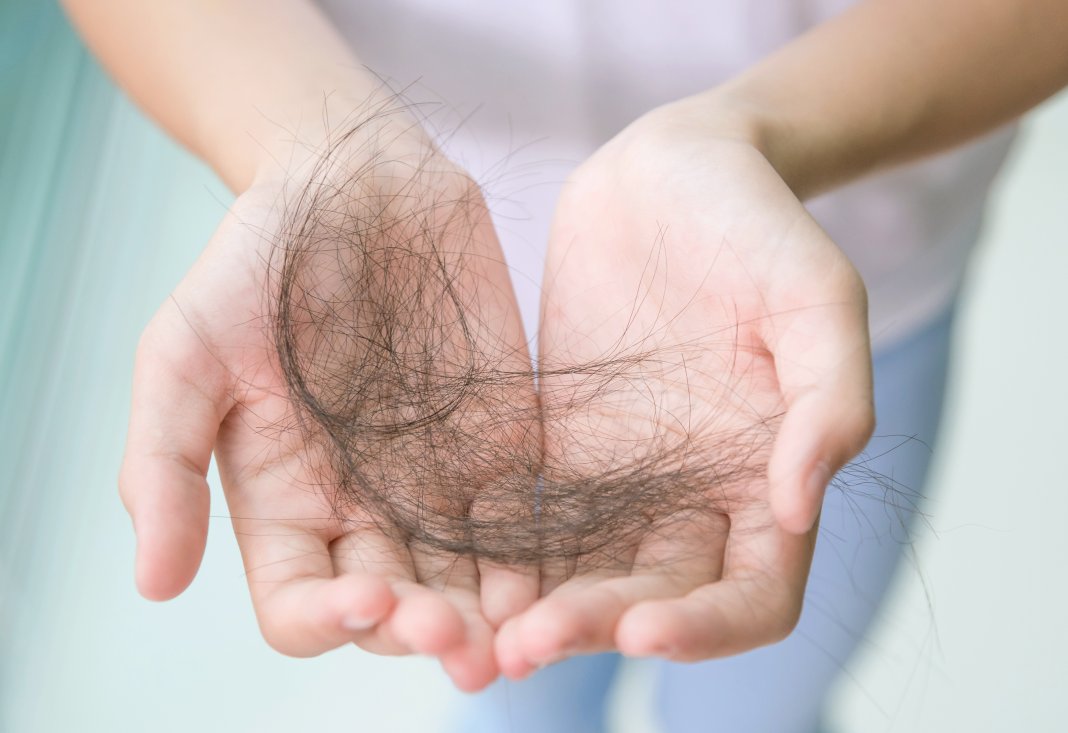What You Should Know About Hair Thinning in Women

â ¢ Hormone changes, genetics, stress, and poor nutrition can all contribute to female hair loss.
â ¢ Female pattern baldness is a genetic condition that affects up to 30 million American women.
â ¢ Stress can lead to increased shedding due to the production of cortisol.
â ¢ Eating a balanced diet, reducing stress levels, and avoiding harsh hair treatments can help prevent or treat thinning hair.
It’s no secret that hair loss can be a major source of anxiety for many women. Whether it’s due to genetics, aging, or an underlying health condition, thinning hair can have a significant psychological impact on women. For those dealing with hair loss, it’s important to be informed about the possible causes and available treatments. Here are possible reasons why some women experience thinning hair and what you can do to prevent or treat it.
Common Causes of Hair Loss in Women
Although it is more common in men, hair thinning is still a real issue for women. The following factors may cause thinning hair:
Hormonal Changes
Hormone changes are often to blame for female hair loss. During menopause and pregnancy, women’s estrogen levels drop dramatically, which can cause hair loss. Female pattern baldness is a genetic condition that affects up to 30 million American women. This hair loss results from hormones like dihydrotestosterone (DHT) that damage the follicles and cause them to shrink over time. In addition, those taking birth control pills may experience shedding due to the hormones in the medication.
Genetics
Genetics can also be a factor in some cases of hair thinning. The hereditary condition known as androgenetic alopecia affects around 21 million women in the U.S., causing them to lose hair on their scalp, face, chest, back, or other body parts. This hair loss is caused by an overproduction of androgens, which are male hormones that cause the hair follicles to shrink over time.
Stress
Another common cause of thinning hair is stress. When we are under stress, our bodies produce more cortisol. This hormone can disrupt our normal hormonal balance and lead to increased shedding and a decrease in new growth. Additionally, stress can lead to poor nutrition, which is another factor that affects the health of our locks.

Poor Nutrition
Diet has a direct impact on the health of the hair. If you aren’t consuming enough protein, vitamins, minerals, and essential fatty acids, your locks won’t look as healthy. That’s why it’s important to ensure you get all these nutrients from your diet or supplements if necessary. Additionally, ensure you drink enough water throughout the day; dehydration can lead to poor-looking strands.
Aim to consume food rich in biotin, like nuts and leafy greens, as these are important for the health of hair follicles. Consequently, limit your intake of refined carbs and processed foods, as these have been linked to hair loss.
Too Much Hair Treatment
Overusing hair treatments such as bleaching, coloring, and straightening can damage your hair. This damage can weaken the follicles, leading to breakage and shedding. Additionally, these treatments can strip your strands of natural oils and moisture, leaving them dry and brittle, resulting in more hair fall.
Medical Conditions
Certain medical conditions, like thyroid disease and anemia, can also cause thinning hair in women. These conditions can disrupt the normal hormonal balance, leading to hair loss. In some cases, medications used to treat these conditions can also damage the follicles and cause more shedding.
Treating And Preventing Hair Loss in Women
If you are experiencing hair thinning due to any of these factors, treatments available can help. Here are some tips to help prevent and treat hair loss in women:
Get checked: It’s a good idea to get checked for medical conditions causing your hair loss. If you have an underlying condition, treating it can help promote better hair growth.
Conditioning your hair: Use conditioner for hair fall, formulated to add volume and nourish the scalp. Look for conditioners that contain iron and zinc that can help promote thicker strands.
Invest in a good shampoo: Look for gentle shampoos that contain biotin and vitamin B, as these can help nourish the scalp and protect it from damage. Avoid harsh sulfates and chemicals, as these can strip your hair of its natural oils.

Lifestyle changes: Making lifestyle changes can also be beneficial for thinning hair. Aim to reduce stress by getting enough sleep, exercising, and eating a balanced diet. Also, avoid over-styling your hair and use protective styles like braids or wigs.
Manage stress: Consider activities like yoga and meditation to help keep your stress levels in check.
At the end of the day, if you’re experiencing thinning hair, it’s important not to panic. Several treatments available can help restore your hair health and confidence! Be sure to consult your doctor if you feel something more serious is happening underneath the surface before taking any steps toward treating your hair loss yourself. This will ensure you get the best results in restoring your luscious locks!